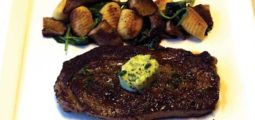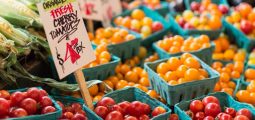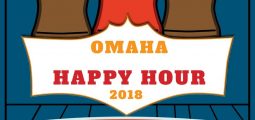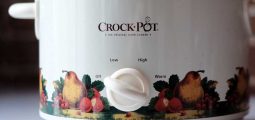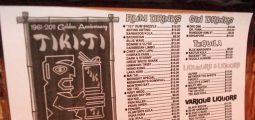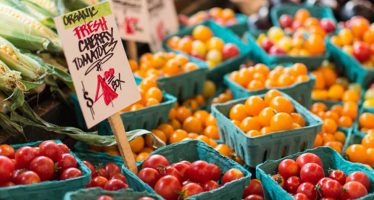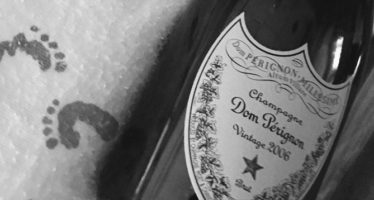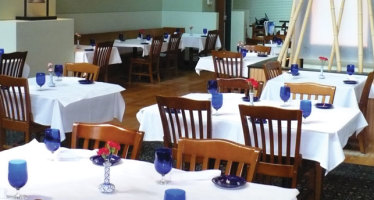The Craft of the Bar
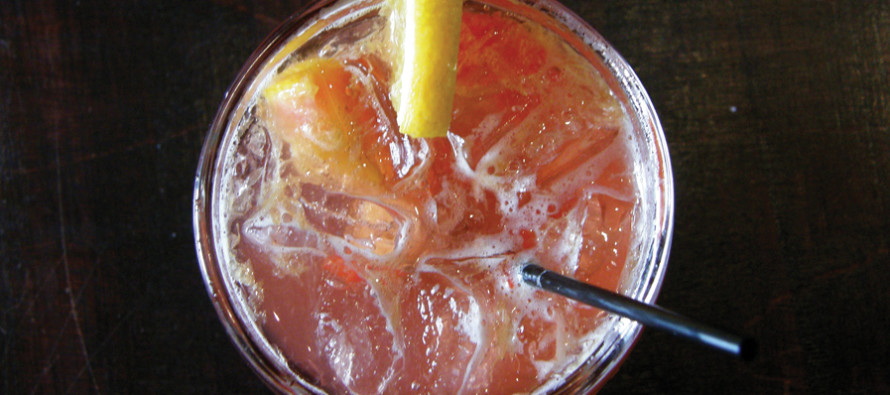
Cocktails have always been big. Maybe not as big as beer or wine, but bartenders have never been short of orders for a mixed drink, and, understand me, that is all a cocktail is: a mixed drink consisting of at least two separate liquid components. The definition has changed over time to become what it is, but that is essentially what a cocktail is now.
Around a year ago I became a member of an organization, the US Bartenders’ Guild (www.usbg.org). It’s a pretty neat group comprised of not just bartenders, but individuals from all areas of the industry – ranging from those that make the spirits, to those that use the spirits, and all the way to those that consume the spirits. The thing about the USBG is that once you join you get access to the forums, where you can interact and learn from all these people. It’s probably through there that I began to see something happening in the drinking culture, something I was contributing to at the time, and something that began to cause me no little amount of concern.
I remember it was around Christmas time that I was at home fixing myself a Manhattan. I had left the bulk of my tools at the shop and was getting ready to stir it up with a tablespoon inserted upside down in a round double old-fashioned glass rather than a proper mixing glass. I found myself sipping on my drink while catching up on some of the USBG blogs available through the forums when it struck me: what makes a Manhattan a craft drink at one bar and just a cocktail at another? The drink is two parts American whiskey, one part Italian vermouth, and a dash of aromatic bitters. Given two places that are using the same proportions and ingredients, why was it that one place would claim a craft cocktail while the other would just serve up a Manhattan? Then it hit me: there is no such thing as a craft cocktail.
You see, it all started with the USBG forums, and then it flowed into the fledgling chapter meetings I attend once a month in Lincoln. Then I started thinking about those bartenders and colleagues in the industry. A cocktail, beer, glass of wine… even a soft drink, these are all products of the craft of bartending, but that is all they are. The craft lies within the bartender, not the product. The more our bartenders see what they do as a profession, as a craft, the more likely they will put together a better experience for their customers.
And it is about the experience. You can have the best bartender in the world, creating some of the most delectable and amazing liquid concoctions imaginable, but if that bartender can’t create the experience you are looking for, chances are you aren’t staying for a second drink. Bartenders have an interesting job: we are part scientist, sort of like a pharmacist, sometimes a psychiatrist, and often a friend. We specialize in moving a very specific drug called alcohol, and I believe those that are interested in getting better at it are constantly working to learn and grow. It’s this process of learning and growing that I believe lies at the heart of the craft.
I’m more a scientist type of bartender than any other kind. I’m constantly tinkering, trying to improve both my palate and my skills, pondering new flavor combinations whilst at the same time going back to old established ones. Right now I’m helping bartenders who work in volume bars that specialize in getting beers out to the masses learn about techniques such as rapid infusions, stirring and such, while they simultaneously teach me about how to better spot fake IDs and more efficient ways to manage large and multiple orders. I’ve begun to see what we do as the same thing: the craft of bartending, but that we specialize in different areas. It’s an interesting thing, and, if you stop to think about it, really cool.
The craft of drinks applies just as much to the local volume college bars as it does to your specialized cocktail bars. The drinks we get, whether cocktail, beer, wine, or water, are all products of the craft, but aren’t craft in and of themselves. What makes something craft, my friends, lies within the bartender.
Related Articles
Harvesting Food and Friends at Florence Mill Farmers Market, Where Agriculture, History and Art Meet
The ‘Mill Lady’ is hard to miss at the Florence Mill Farmers Market on summer Sundays. She’s the beaming, bespectacled
In Lieu of Wine
On Monday, April 24, 2017, my wife Sonja and I welcomed our second child, Zooey Elizabeth Gudgel, into this amazing
Bar Chat: Blue Orchid in Lincoln
Bartending is a difficult, challenging and sometimes thankless job. Still, at least in my opinion, it’s one of the coolest
No comments
Write a commentOnly registered users can comment.


